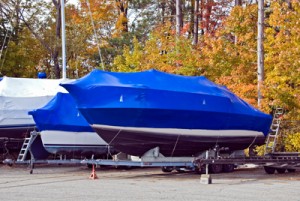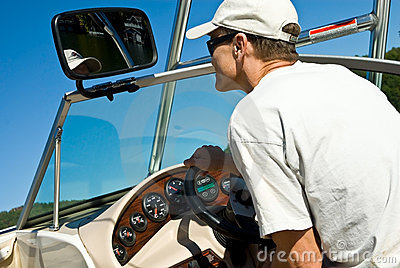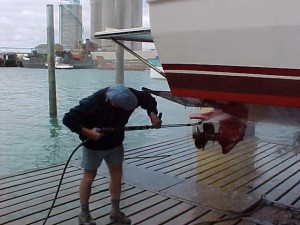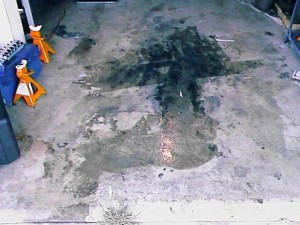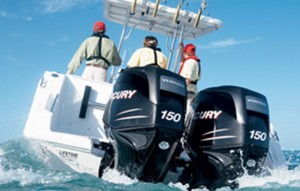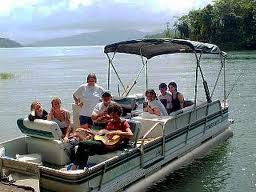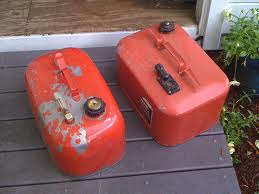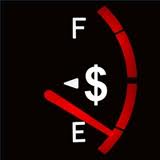Cleaning Mercury Marine Carburetor, Part III
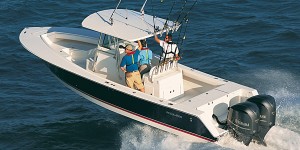 In continuing from yesterday… Now that the carburetor is completely clean it’s time to reinstall all the parts that were removed. Start with the jets, then the fuel bowls and carburetor, and then tighten the screws. Check to make sure everything is secure and that none of the parts got dinged during cleaning.
In continuing from yesterday… Now that the carburetor is completely clean it’s time to reinstall all the parts that were removed. Start with the jets, then the fuel bowls and carburetor, and then tighten the screws. Check to make sure everything is secure and that none of the parts got dinged during cleaning.
Your carburetor should now function perfectly. Hopefully, while working on the carburetor you took a few minutes to check out other parts of your boat. Checking the level of Mercury 2 stroke premium outboard motor oil, for instance, is an important part of boat upkeep.


